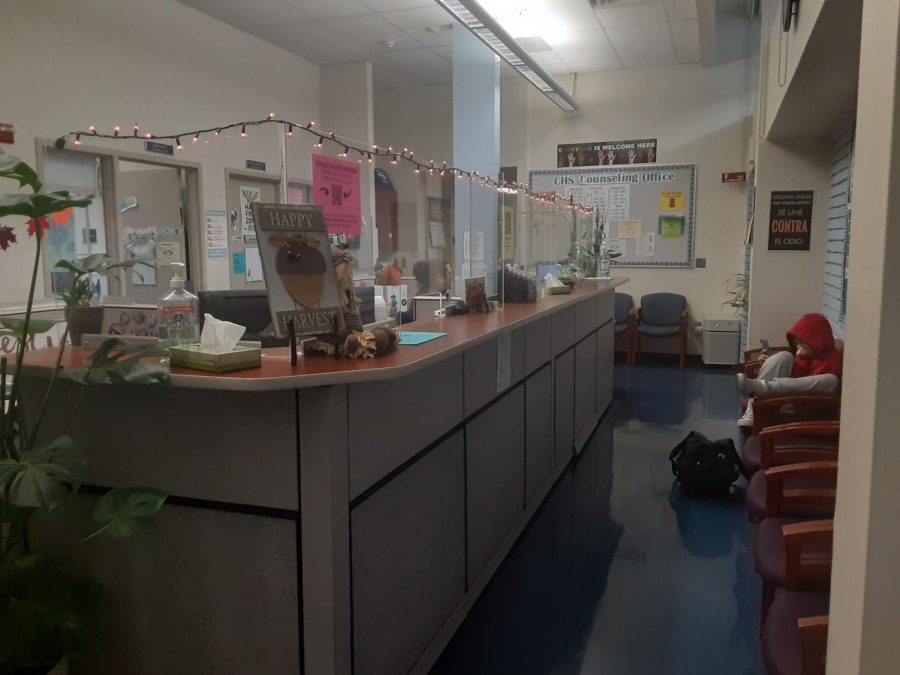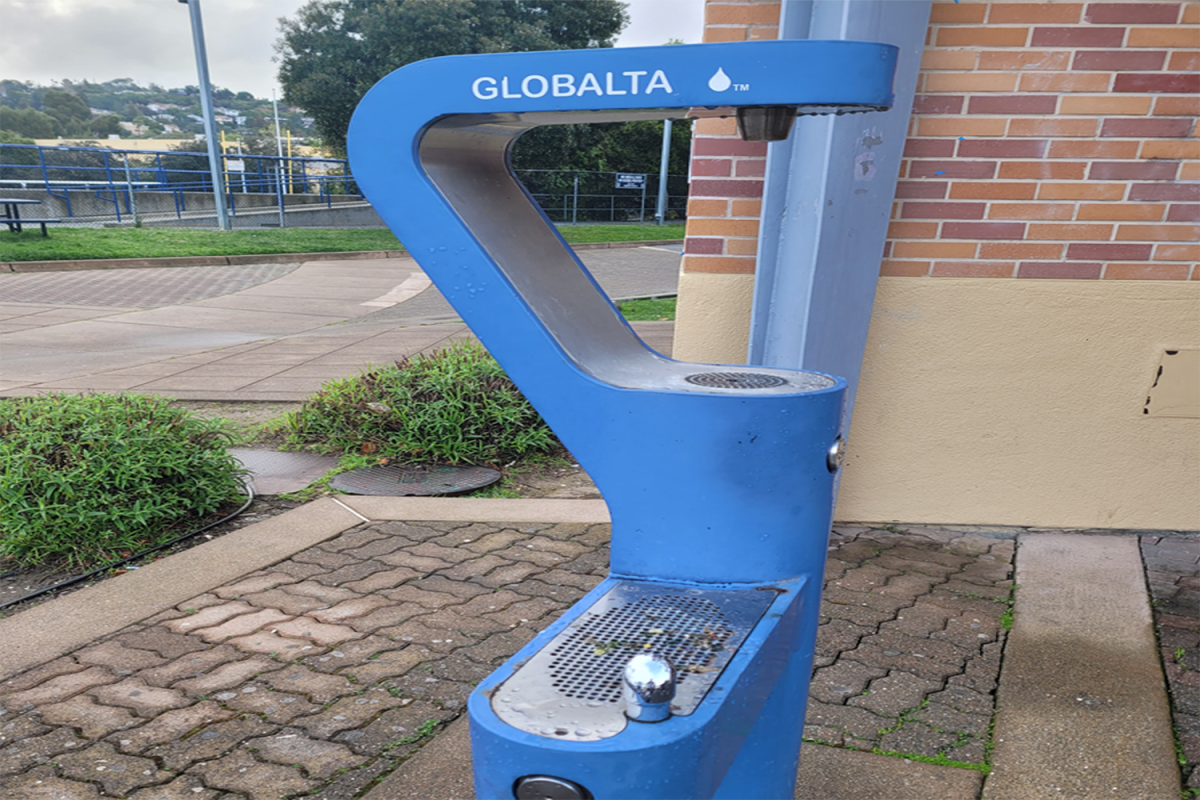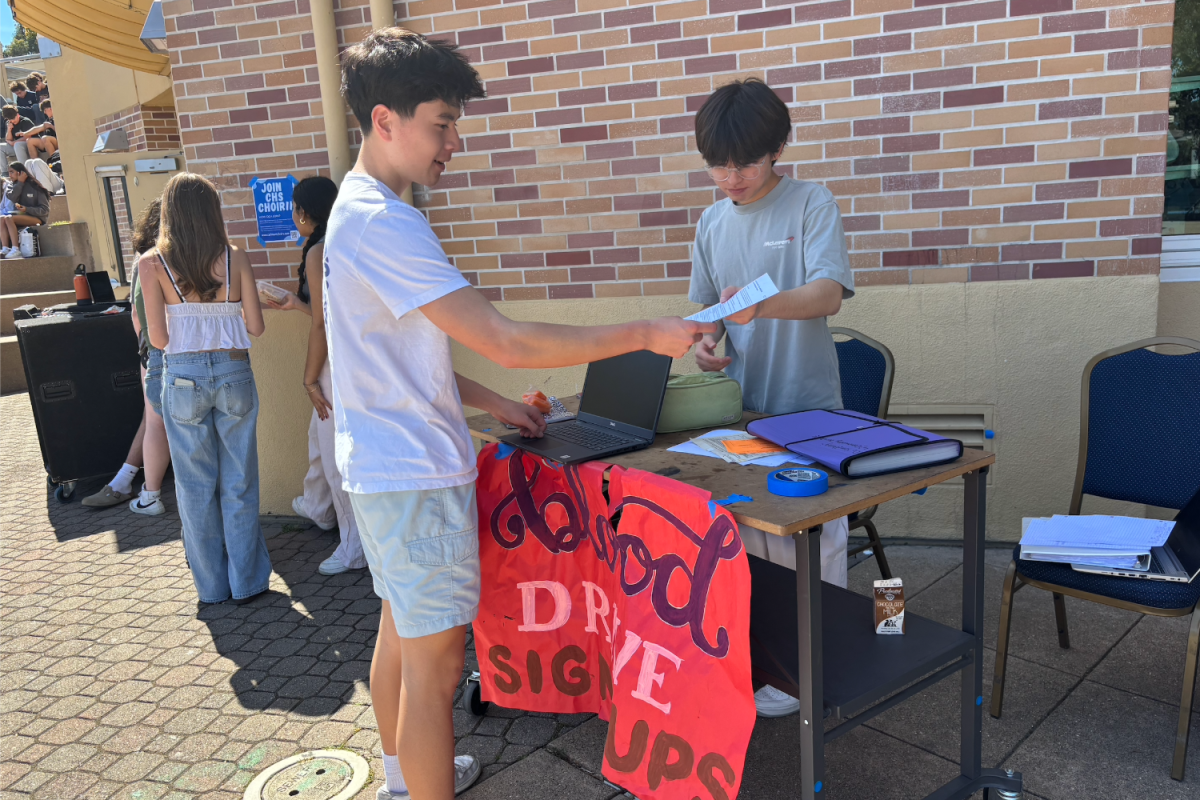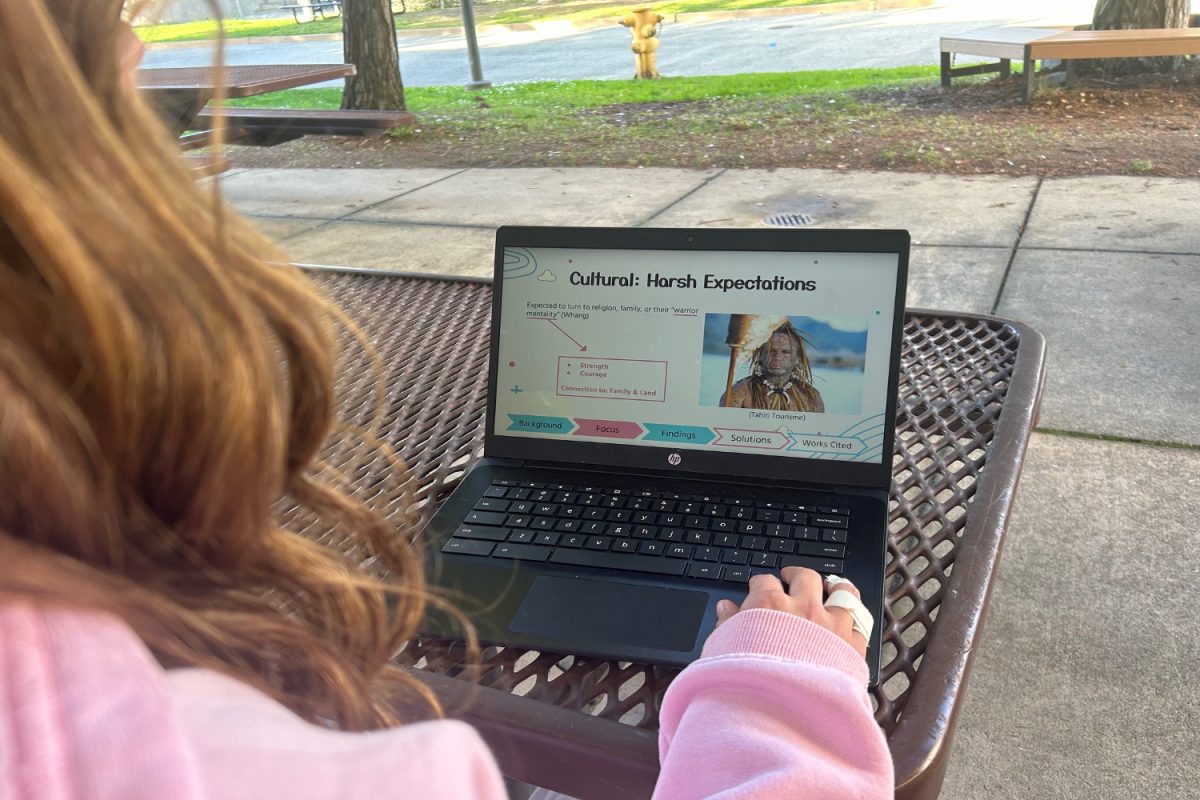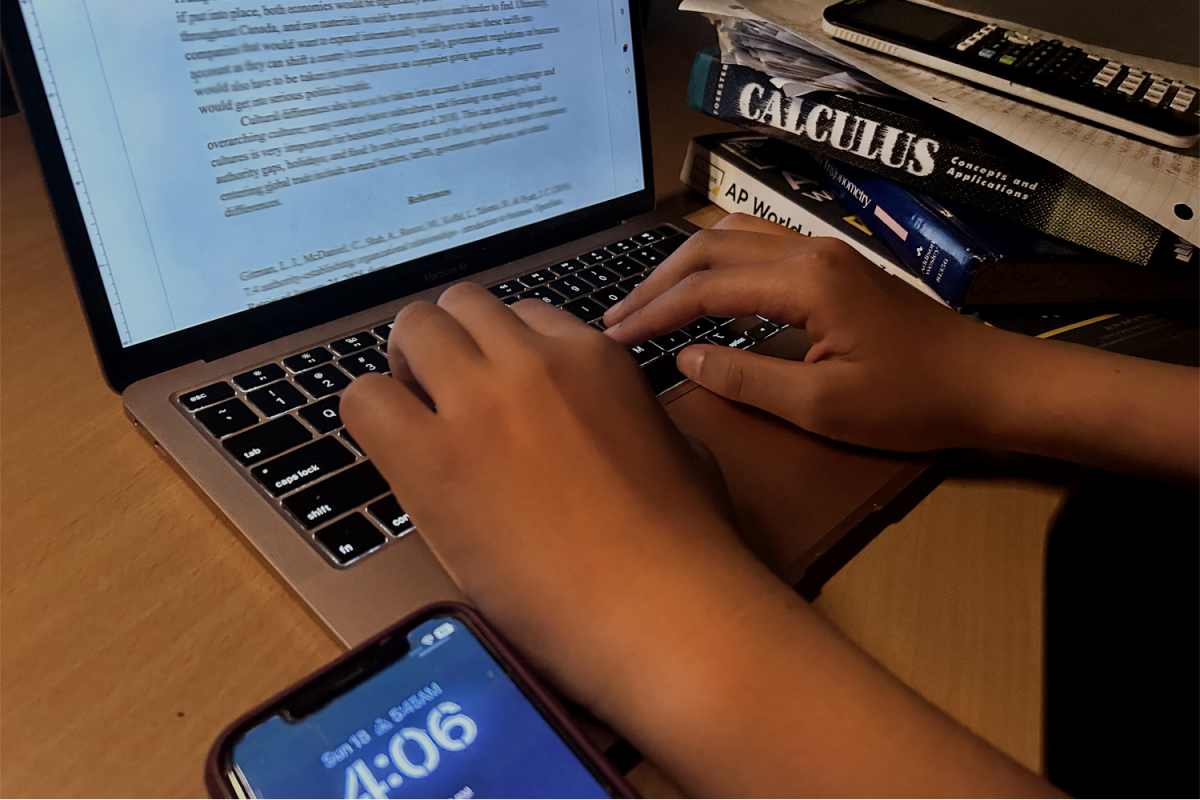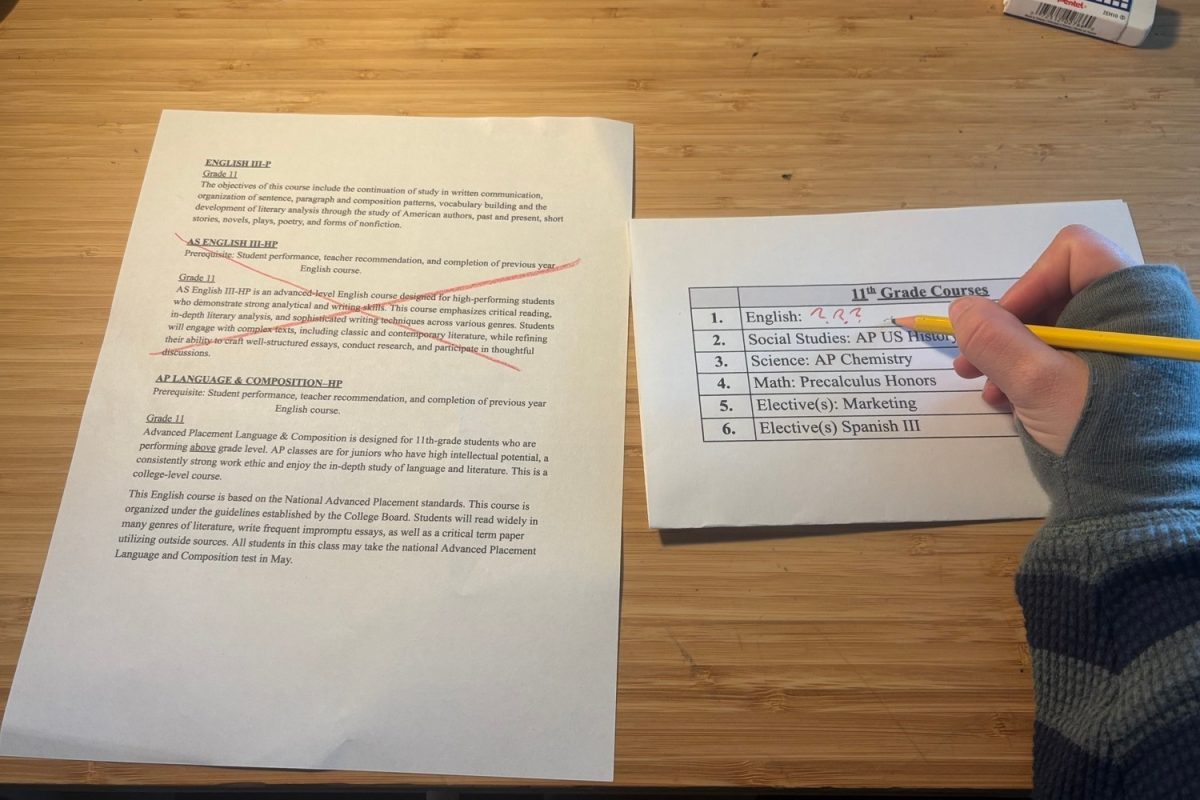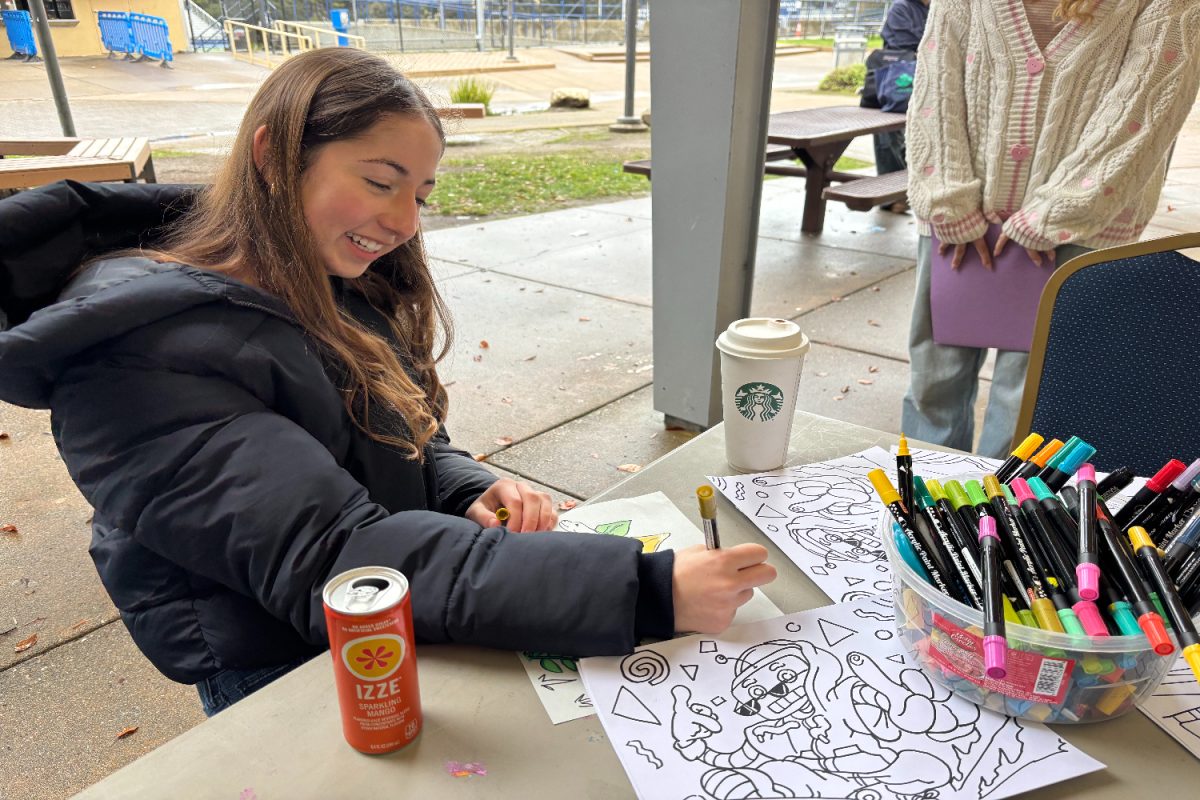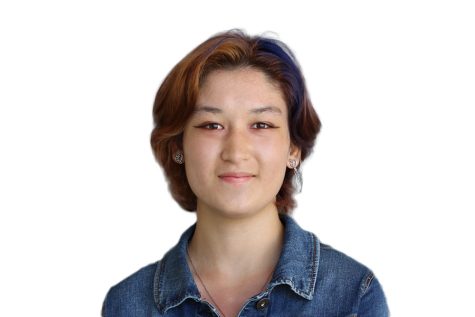In a post-pandemic world, many are starting to feel the mental effects of such a life-changing event. Carlmont students are no exception, and the administration has taken notice of this phenomenon. This year, they have been working with the Carlmont Academic Foundation (CAF) to provide more mental health support for students.
“At the end of our fiscal year last year, we funded everything in our budget and had some additional funds. We discussed with Carlmont’s administration what would be the most beneficial use of these funds and decided to provide additional mental health support on campus,” said Ulla Foehr, president of CAF.
These funds went to hiring additional guidance counselors, a new intervention counselor, and an additional on-site therapist. According to Gay Buckland-Murray, Carlmont’s principal, the administration hopes to hire a second therapist by next semester.
These new staff members are building on Carlmont’s existing mental health support staff and are part of a new initiative to establish a wellness center on campus.
“We’re hoping to open a mental health center for students by the Student Union. Students can drop in, like in the Students Offering Support (SOS) room, if they need space and time. There’ll be someone to welcome them in and help direct them to what kind of care they need,” Buckland-Murray said. “Whether they just need to be there for a few minutes before going back to class, or they need to see Ms. Bustamante or one of our other mental health providers, they will all be in one safe place that’s away from the office. So it will provide more confidentiality and safety for students concerned about their privacy.”
While the building for the center is still in the planning stage, the hiring process for staff is well underway.
“CAF is funding a therapist on campus, five mornings a week, and that’ll be through Acknowledge Alliance. They’re already funding an on-campus therapist two mornings a week. So soon, we will have two mornings a week where we have multiple therapists and three mornings a week where we have one therapist on campus,” Foehr said.
Acknowledge Alliance works with schools and organizations in the Bay Area and Silicon Valley to provide mental health services for students. They provide on-site counseling at all Sequoia Union High School District schools, including Carlmont.
The funding and new counselors make a significant difference in the functions of the mental health support staff, as having more personnel puts less strain on the program. The recommended student-to-counselor ratio in California is 296-to-1, but the average number across the state is nearly double the recommendation at 572 students per counselor. Carlmont also goes over this number.
“The new counselors reduce the student-to-counselor ratio significantly. This brings it down to almost the recommended number for California. The average in California is like 572 students per counselor, so I feel Carlmont is in a much better position. I think our numbers are closer to 325 students per counselor,” Foehr said.
Buckland-Murray believes that more counselors mean more individualized support for students and teachers.
“Letting teachers and students know about this additional layer of support can add to the sense of community here, the idea that we care about everyone who’s here. Staff or student, we want to make sure that everyone is getting the help they need,” Buckland-Murray said.
Beyond the therapist services, Carlmont’s SOS program provides additional support. Adding new support staff will complement their efforts.
“As we expand our resources, SOS is definitely still a player. If a student comes in and is just looking for peer-to-peer support, SOS will still be there to provide that level of service. But now, SOS will be complemented by all these other resources,” Buckland-Murray said.
Senior Elizabeth Kao agrees that these changes will benefit the entire school.
“I think it’s super helpful that Carlmont’s providing all these new resources. As mental health becomes an increasingly spotlighted issue, I think the additional therapist would be helpful for students who just need someone to talk to or relieve stress,” Kao said.
Although Kao thinks the changes would be helpful, she worries about some of the adverse effects that may arise from creating a wellness center.
“On the one hand, it would be good to have a center where all these resources are available. However, there could be a social stigma that comes with it. I can see how students may avoid it, even if they want to access those resources, in fear of others labeling them,” Kao said. “A wellness center may not be needed, but I’m always open to more services.”
Overall, however, attitudes towards the center and other changes are positive. Carlmont’s administration aims to improve the quality of the existing mental health services, and centralizing and expanding these services are major steps in that process.
Foehr expressed excitement about the new programs and believes this will be the start of many improvements to student mental health.
“CAF is excited to be able to provide this additional support. We’re here to help create the best possible educational environment for all Carlmont students, and we take seriously the fact that it’s not just about academics; it’s really about the whole person. Mental health is a huge part of that. We’re excited to be able to do more in that arena as well,” Foehr said.

